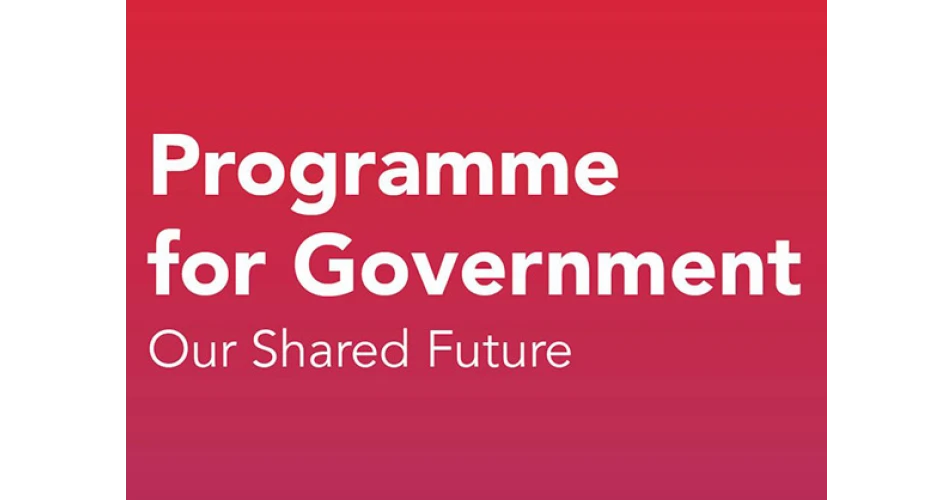The final programme for government has now been agreed between Fianna Fáil, Fine Gael and the Green Party and if passed by party memberships, it will see Micheál Martin serving as Taoiseach until December 2022. Entitled Programme for Government – Our Shared Future, it sets out a framework of actions for the next five years.
Many of the policies will have a major impact on the automotive aftermarket moving forward and although these have yet to be confirmed, it is worth noting the direction that the future Government is likely to take in relation to transportation. The main points are:
Transport overview The document contains a commitment to a fundamental change in the nature of transport in Ireland and states that each local authority will be immediately mandated to carry out an assessment of their road network, to see where space can be reallocated for pedestrians and cyclists. 10% of the total transport capital budget will be allocated to cycling projects and an allocation of 10% of the total capital budget will be made for pedestrian projects.
The Government proposes to use a range of policy approaches to incentivise use of electric vehicles (EVs) and encourage a shift away from petrol/diesel vehicles. This will include legislation to ban the registration of new fossil-fuelled cars and light vehicles from 2030 onwards and phase out diesel and petrol cars from Irish cities from 2030. There will also be a ban the sale of new and the importation of second-hand petrol and diesel cars from 2030.
The document also states a review of the current motor taxation regime will be carried out to ensure that it adequately captures the harm caused by NOx (nitrogen oxide) and SOx (sulphur oxide) emissions. This will only apply to newly registered vehicles.
There is a commitment to publish an EV strategy to ensure that charging infrastructure stays ahead of demand and provide planning guidance to local authorities. This will include by at least 2025, public sector bodies only allowed to only purchase low or no-emissions cars and light goods vehicles. Also all urban buses will be moved to electric hybrid or electric. Greening of the taxi fleet has also been identified as a priority and this will include financial assistance to taxi drivers switching to battery electric vehicles and plug-in hybrid electric vehicles.
Road Safety The document commits to an ambitious road safety strategy targeting the Vision Zero principle. This will include a new road safety strategy focused on reducing death and injuries of vulnerable road users, pedestrians, and cyclists. As part of this the Government says it will enable schools, workplaces and other institutions to stagger opening and closing times and review and reduce speed limits, where appropriate, to address both road safety issues and carbon emissions, and ensure greater compliance.
Insurance Insurance reform has rightly been identified as an area that needs to be addressed and a significant element of the plan is dedicated to this. It says the Government will continue to prioritise reform of the insurance sector with particular emphasis on motor, public liability, and employer liability insurance. The Cabinet Committee on Economic Recovery and Investment will prioritise the issue of insurance reform.
There is a commitment to enhance and reform the role of the Personal Injuries Assessment Board. This will allow it to regulate claims management companies and claims harvesters and also to get tough on insurance fraud by seeking to increase coordination and cooperation between An Garda Síochána and the insurance industry.
The document set out a plan to address the issue of increased transparency, tackle anti-competitive behaviour, and foster competition in the insurance industry. This will involve giving the Competition and Consumer Protection Commission (CCPC) effective enforcement powers to punish and deter anti-competitive conduct, requesting the industry and stakeholders to give an assessment of the expected impact on premium levels of the key reforms being fully introduced.
Other welcome policies include a commitment to expanding, with urgency, the National Claims Information Database, establishing a databank within the Central Bank for new entrants, prioritising the establishment of a fully functioning European-wide single insurance market, working to remove dual pricing from the market and creating an office within Government tasked with encouraging greater competition in the Irish insurance market.
